What is Irritable Bowel Syndrome (IBS) or Spastic Bowel?
- IBS, spastic bowels, irritable bowels or have you ever had rumbling bowels? These are terms used to describe a type of digestive disorder.
- The most common symptoms of IBS or spastic bowels are changes in bowel habits and abdominal pain.
- IBS or spastic bowel affects more than 10 percent of the world's population.
- Although it can affect anyone, it is most common in young, middle-aged women, especially those under the age of 50 (twice as many women as men with IBS).
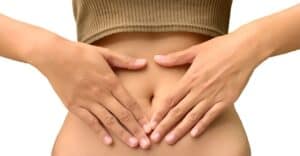
IBS or Spastic Bowel Symptoms
Symptoms vary greatly from person to person and tend to come and go with stress and other lifestyle changes.
7 most common symptoms of the spastic intestines
- changes in normal bowel habits, including constipation, rumbling bowels, and diarrhea. Some people experience constipation or diarrhea more often than others, but it is also possible to have the combination of both. Diarrhea is considered loose stools and constipation is when one has less than three bowel movements per week.
- changes in the appearance of the stool, including texture and color (sometimes stools may be loose, change color, or mucus may appear). Everyone's stool is always different, whether it's hard and small, pencil thin, or loose and watery. Most importantly, bowel movements are frequent and inconsistent
- bloating in the stomach
- gas and belching
- abdominal pain, pain and cramps (similar to complaints caused by
- nausea, heartburn
- quickly feeling full or loss of appetite
Other Symptoms of the Spastic Bowel
While these are not digestive problems, the following symptoms are often present in people with spastic bowel:
- fear
- depression
Stress not only contributes to the development of the irritable bowel, but symptoms can also exacerbate the stress, creating a vicious circle that is difficult to break.
- sleep disorders fatigue
- headache
- an unpleasant taste in the mouth
- muscle pain, especially in the lower back
- sexual problems, including decreased sexual desire
- palpitations
- frequent or urgent need to urinate
- IBS back pain symptoms

IBS back pain symptoms
IBS is a common condition that affects the colon and can cause a variety of symptoms, including abdominal pain, bloating, flatulence, constipation and diarrhea.
For many people, IBS also leads to back pain. Unfortunately, the exact cause of this back pain is not known, but there are several possible factors that may contribute to it.
IBS symptoms back pain | Cause
A possible cause of back pain in people with IBS is muscle tension. Abdominal cramps and pain associated with IBS can lead to tight and tense muscles in the lower back. This can cause stiffness and pain in the lower back, and even lead to spasms and pain.
Another possible cause of back pain in people with IBS is inflammation. Inflammation of the digestive system can cause pain in the abdomen and back. In some cases, the inflammation can spread to the back and cause lower back pain.
Finally, stress can also play a role in IBS-related back pain. Stress can lead to an increase in abdominal cramps and pain, which can then lead to muscle tension in the lower back. Stress can also cause inflammation in the digestive system, which can lead to back pain.
IBS symptoms back pain | Therapy
Fortunately, there are several ways to help reduce the pain and other symptoms of IBS and back pain. One way to do this is to practice relaxation techniques, such as deep breathing, meditation, and yoga. These techniques can help lower stress levels and relax the muscles in the lower back.
Another way to reduce IBS-related back pain is to follow a healthy diet and heal intestinal lining. Where should you start then? Start tackling your pathogens! Think of parasites, fungi, wrong bacteria and yeasts that affect your intestinal wall and as a result you get a leaky gut!
How to control IBS symptoms. Treatment of IBS
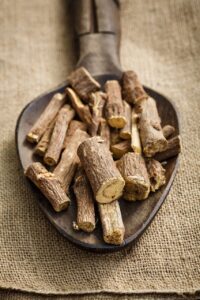
1. Spastic bowel and diet. Avoid common allergens and inflammatory foods.
While each person has different reactions to different foods, certain foods tend to trigger IBS symptoms more than others. This is especially true when it comes to carbohydrates called FODMAPs (fermentable oligosaccharides, disaccharides, monosaccharides and polyols), which researchers have found are not absorbed in your gut but fermented, which can cause significant digestive problems.
Responses to fiber are also mixed, sometimes helping to relieve constipation, but sometimes contributing to gas and pain, so increase fiber intake slowly to test results.
You can try elimination diet to relieve IBS symptoms.
Avoid for 3 weeks:
- Dairy
- Gluten (wheat, barley, rye, spelled)
- sugars
- Caffeine
- Alcohol
- Common allergens, including eggs, nuts, shellfish
- spicy food
- Particular FODMAP grains, fruits and vegetables (such as apples, stone fruit, avocado, onions, garlic, and broccoli)
The result
You can remove everything and then start introducing a food after 3 weeks. For example, eat everything dairy for a day and then listen to your body for 2 days. If you have a stomachache, pain in your joints, itching, headache, fog in your head then you know that dairy is not for you, at least for now. As soon as your intestines are working properly again, you should follow a course of herbs and nutritional supplements. Can you tolerate dairy to a certain extent?
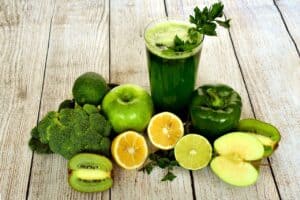
2. Using enzymes and supplements to relieve IBS symptoms.
- Probiotics, help recolonize gut with healthy bacteria and boost digestive functions
- Digestive Enzymes, aid in digestion, control stomach acid and nutrient absorption
- L-glutamine, helps repair the lining of the digestive tract, especially important for people with chronic diarrhea or leaky gut syndrome. Do not use L-glutamine for intestinal inflammation
- aloe vera juice, helps relieve constipation
- Omega-3 fish oil, reduces inflammation in the gastrointestinal tract
- Adaptogenic herbs help reduce the effects of stress and hormonal disturbances
- slippery elm (slippery elm), licorice root and ginger soothe intestinal inflammation

3. Boosting Healthy Gut Flora and Immune System to Control Spastic Bowel Symptoms
Your gut flora contains trillions of bacteria, both good and bad. When your gut flora is in a healthy balance, there are more good bacteria (probiotics) than bad bacteria (pathogens) and they contribute to your overall well-being.
The probiotic bacteria in your gut help shape and train your immune system, providing it with supportive nutrients and healing agents.
Since more than 70 percent of your immune system resides in your gut, you understand why a healthy balance is so important.
4. Think Pathogens to Fight IBS Symptoms
If it were up to me, I'd start right here fighting pathogens. I often see it in practice that people have been given a "label" of IBS and they have to sympathize. Through the stool examination I often see not only the disturbed intestinal flora but also "unexpected guests" that are present. In addition, you may also see inflammation or food intolerance.
What are the pathogens?
Everything that does not belong in our intestinal flora, think of parasites such as Dientamoeba fragilis, overgrowth of "healthy" bacteria E.coli or "bad" from the outside such as salmonella, staphylococci, helicobacter etc. Overgrowth of fungi and production of yeasts also belong to this group and can cause unpleasant symptoms such as bloated stomach, blowing a lot of wind, fog in your head, vaginal discharge, itching etc.
How do you fight pathogens and improve your intestinal flora?
- That is a cure with herbs, enzymes, vitamins, minerals, amino acids, pre- and probiotics. The course is usually between 4 and 5 months. If someone says that your intestinal flora will be restored within a month, it is not true! First you have to fight pathogens, then maybe your leaky guts need to be tackled and only then your gut flora!
Do you want to know which treatment suits you?
- That's a question. Take all the studies with you or we will look together to see which studies you need or not. The more information you have for me, the better I can give you advice. Everyone is different and you need an individual plan and treatment.
- IBS diet and treatment
- Leaky gut syndrome
- Leaky gut and the diet
- Help with panic attacks
- Spastic bowel and nutrition
- Treating fibromyalgia naturally
- Yeast infection woman
- Are you deficient in iodine?
- IBS back pain symptoms
- pds back pain
- spastic bowel and back pain

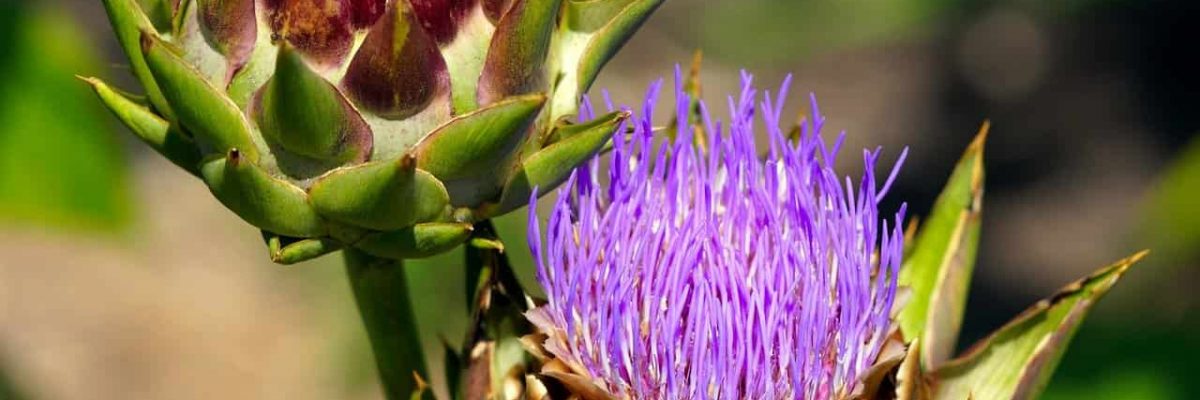

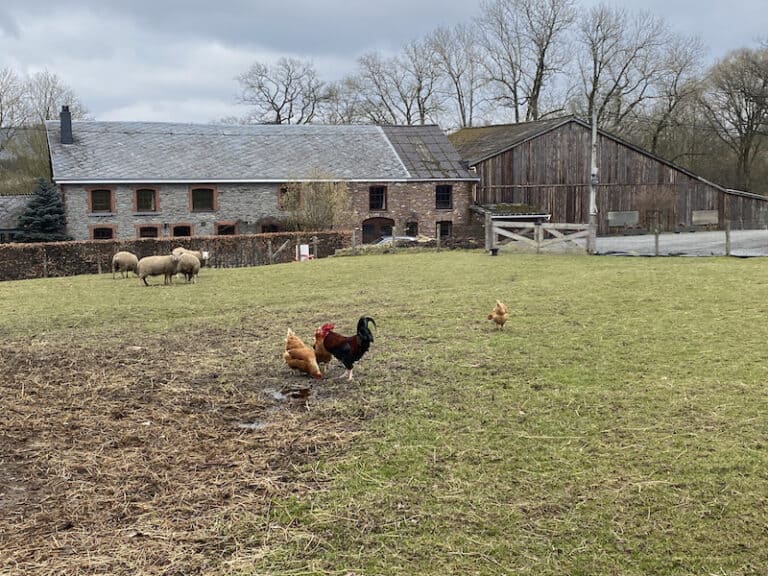
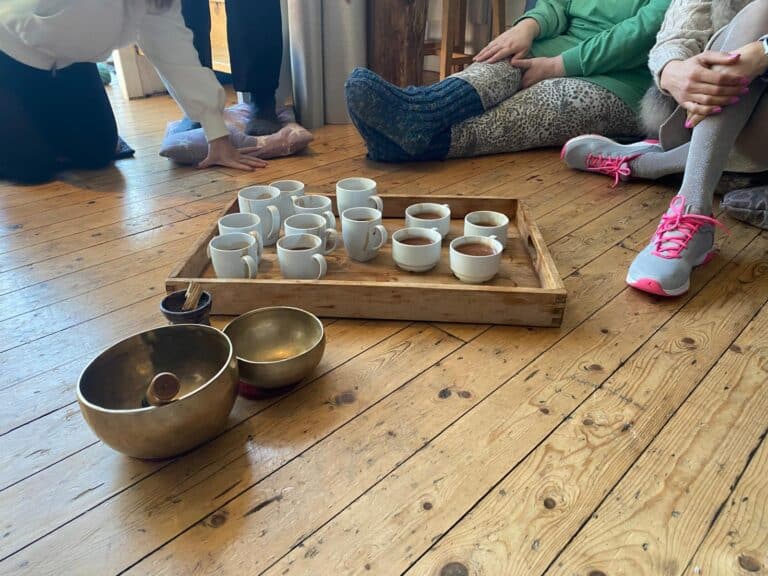
15 thoughts on “PDS symptomen rugpijn”
I have had pds since I was 14, but over the years I have found out that it has to do with high school was very insecure and anxious now I am 52 and still suffer from it almost every day I regularly take norit to give it a try stop putting it on for a day but the next day it's the same again it stays thin sometimes gets tired of it it's been gone for a while I mashed a banana and added a few spoonfuls of baby grain powder but then it was often too much hard how can I make a good relationship out of this
IBS is an irritable bowel syndrome. When doctors don't know what's going on, they call it IBS!?
Irritable bowel syndrome is usually the cause of disturbed gut flora. Stress plays a role of course, but you have to watch
what is in your gut flora. Are there overgrowth of bacteria, yeasts, fungi or parasites present? Often loose stools are caused by parasites or overgrowth of
"bad" bacteria. Fortunately, you can fight them naturally without destroying healthy intestinal flora. I have many positive experiences
I myself had had IBS and then treated it naturally. It's like sun is shining inside! Then you can finally absorb nutrients and create energy! I'll send you a questionnaire and we'll discuss it further.
Pingback: IBS diet. Irritable Bowel Syndrome treatment natural
Natural treatment of IBS is only by individual guidance. Everyone is different and therefore you need an individual plan to manage IBS symptoms.
Pingback: H.Pylori, nausea, ulcer, fatigue. Of course. Maastricht
I've had IBS symptoms for years but I only get the drugs that don't work.
Can you help me treat IBS symptoms naturally? Plus I'm really tired and sleeping is also a problem.
Medicines do not help against IBS symptoms. This is only to combat symptoms.
What is PDS? – An irritable bowel syndrome, spasdic or rumbling bowels also named but what is the cause?
Usually parasites are present, yeasts, molds or overgrowth of bacteria. Leaky gut is one of the causes too, so
the intestinal wall must be healed. Send me an email or call me and we can discuss the best way to help you.
Pingback: Intestinal complaints questionnaire. Abdominal pain, bloating. To investigate.
Pingback: Leaky gut symptoms. Holistic approach to restore
Pingback: Leaky Gut Symptoms / Investigations / Natural Treatment
Pingback: Test iodine deficiency yourself. Slow thyroid. Orthomolecular approach.
Pingback: What to do in case of panic attacks? Personal experience
I also had pain in my back 🙁 when it turned out that I had IBS, so my intestines hurt a lot. Healthy intestines again and no back pain! Recommended!
Elena, do you also work online? I unfortunately live far from Maastricht?
That is certainly possible, I work a lot via video calling. So distance is no longer a problem.